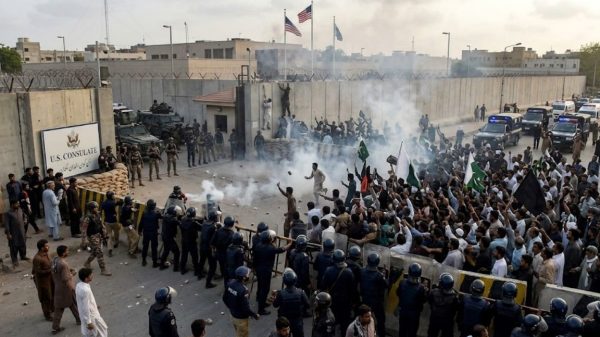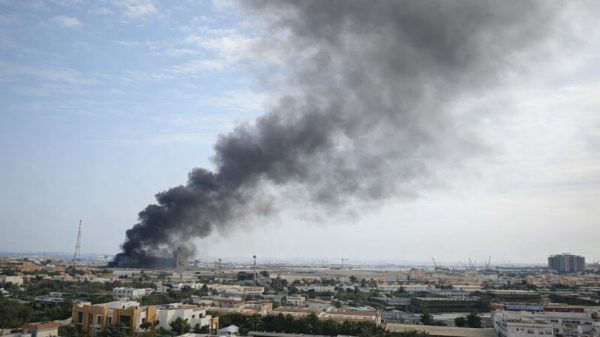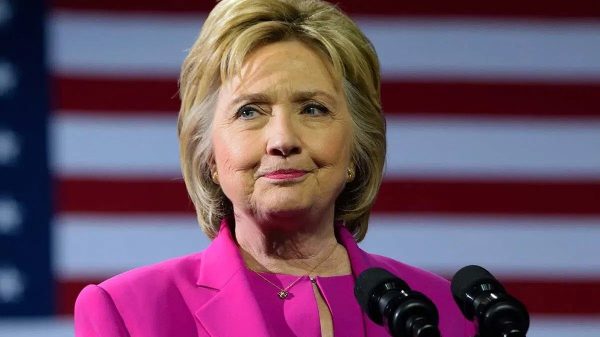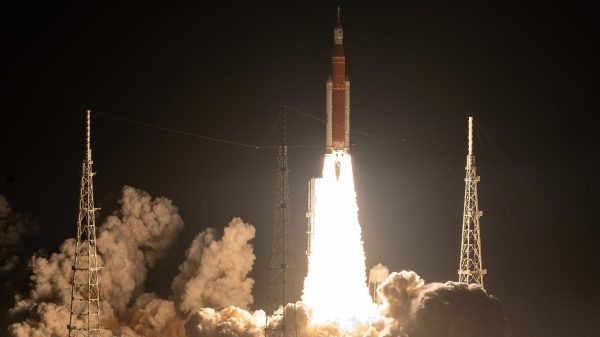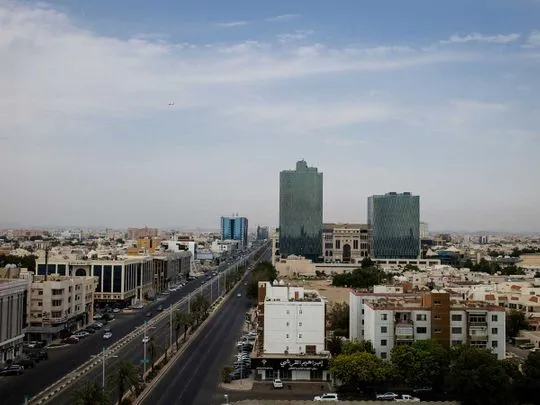The Saudi Binladin Group, a leading construction giant, has been imposed a fine of 5.3 million dollars for its role in the deadly collapse of a crane in 2015. The incident occurred ahead of the Haj pilgrimage, which is one of the largest gatherings of people on earth, and resulted in the deaths of over 100 people. The crane, which weighed 1,350 tons, collapsed onto the Grand Mosque in Mecca, bringing down slabs of concrete on worshippers below.
The incident was a major embarrassment for the Saudi royal family, and an investigation was launched into the cause of the collapse. It was discovered that the crane had been installed and then removed several times in the months leading up to the collapse, and that there had been warnings of potential problems with the crane’s structure. Despite these warnings, the company had been allowed to continue working on the site.
The collapse of the crane was not an isolated incident. Just two weeks later, a stampede and crush of pilgrims killed over 2,400 people. This tragic event was a major blow to the reputation of Saudi Arabia, which is known for its strict adherence to Islamic law.
The Saudi Binladin Group was ultimately found to be responsible for the crane collapse, and a court has imposed a fine of 20 million Saudi riyals, which is equivalent to £4.3 million. Seven people were also sentenced to prison, with three being given a sentence of six months and four being given a sentence of three months. The company was also ordered to pay compensation to the families of the victims, although the amount was not specified.
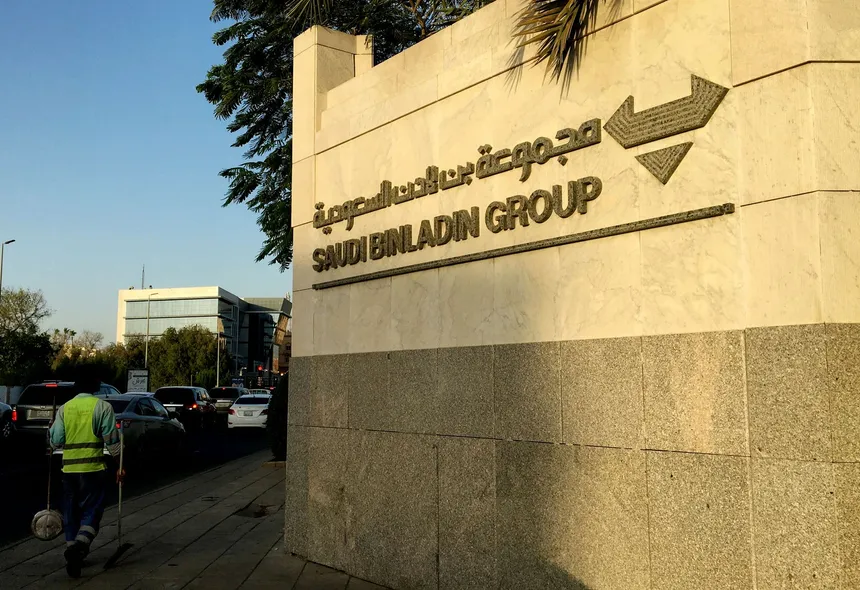
Saudi Binladin Group
The court also ruled that the company is not required to pay blood money to the families of those killed, which is a significant factor in Saudi Arabian culture. This decision has been criticized by some, who argue that the company should be held accountable for its role in the tragedy.
The Binladin family has been close to the Saudi royal family for decades, and runs major building projects around the world. Al-Qaida’s late leader Osama bin Laden was a renegade son of the family, who was disowned in the 1990s. The family’s influence and power in Saudi Arabia makes it difficult to hold them accountable for their actions.
The verdict comes as Saudi Arabia prepares to host the first Haj pilgrimage to Mecca and Medina following the lifting of pandemic restrictions. Millions of Muslims are expected to make the pilgrimage in late June, which will be a major event for the country.

